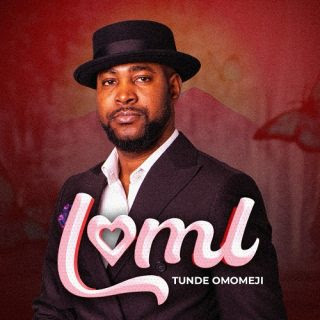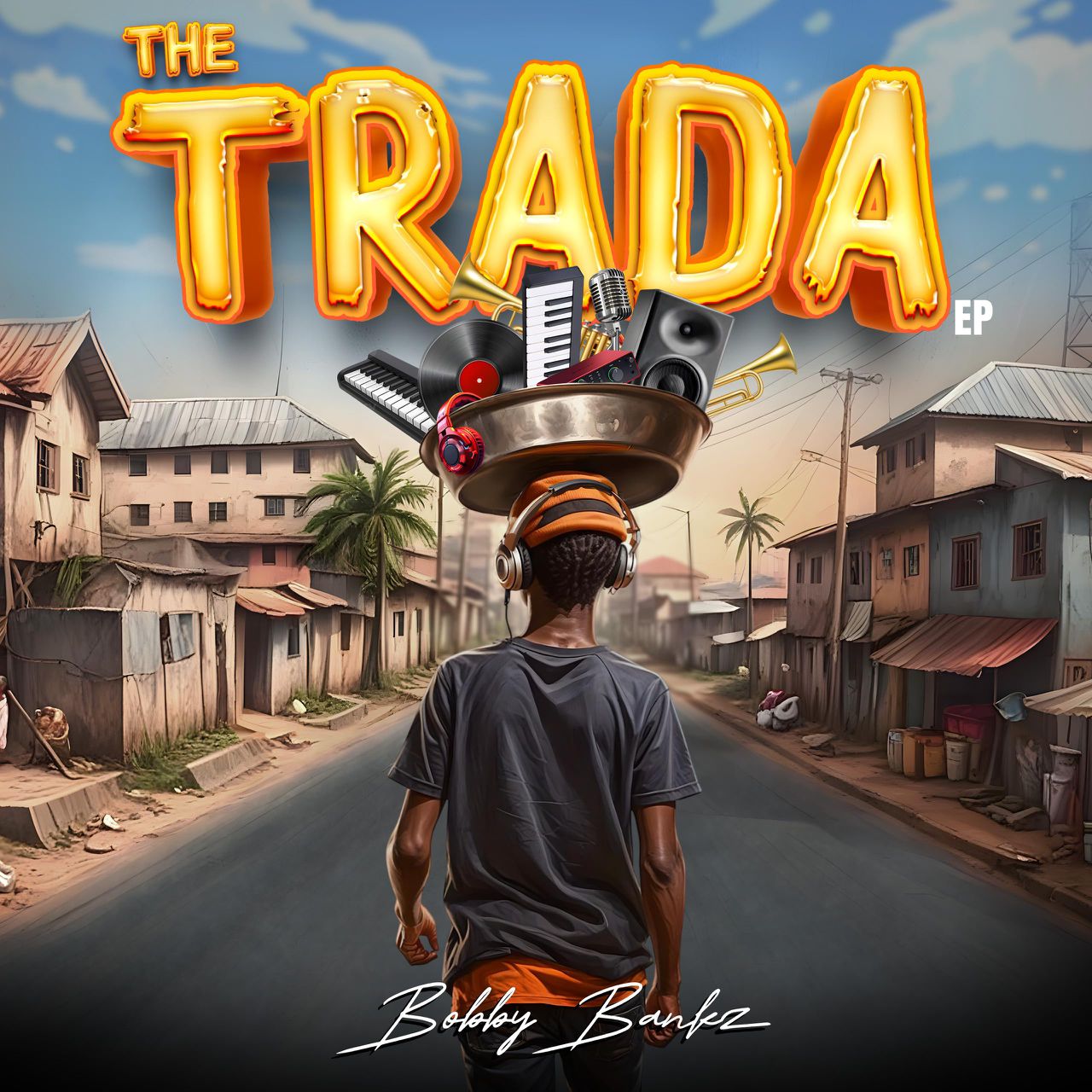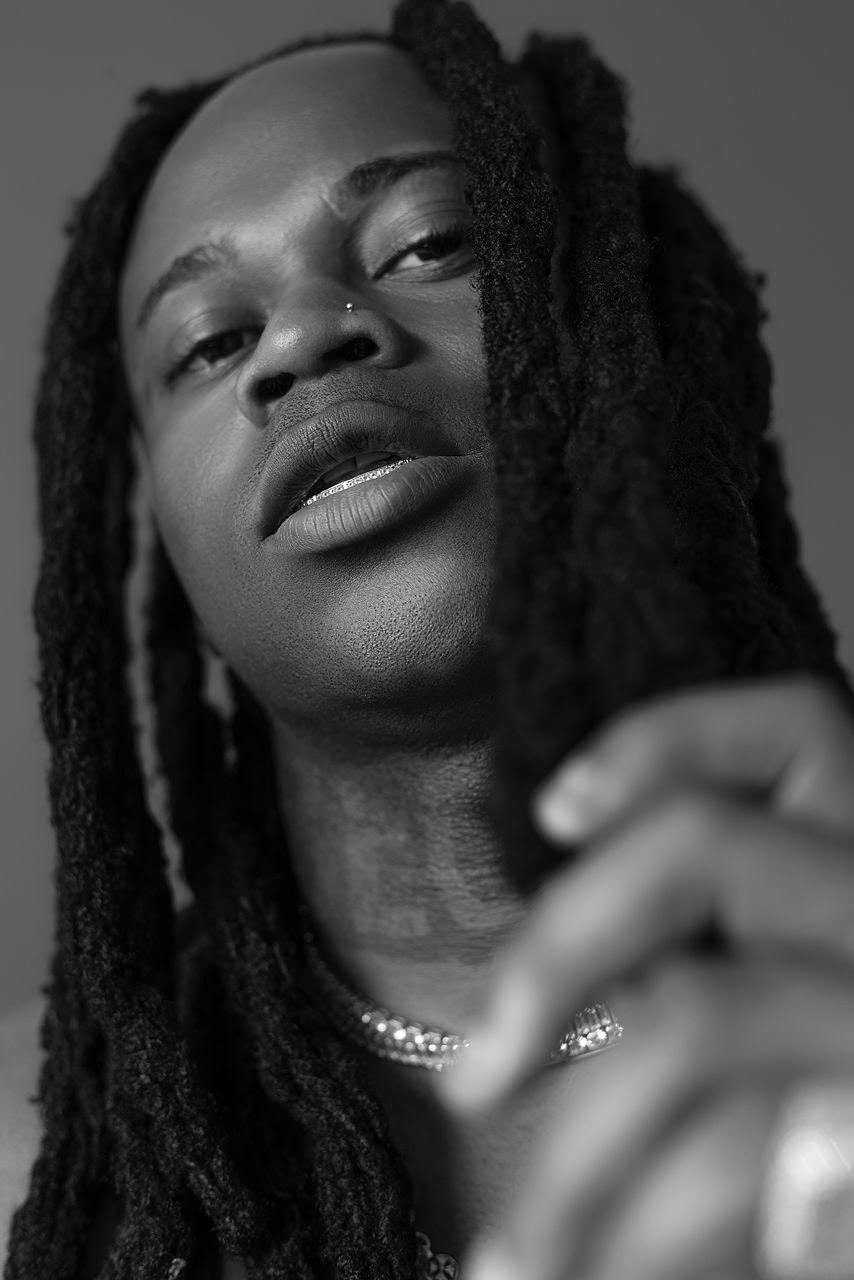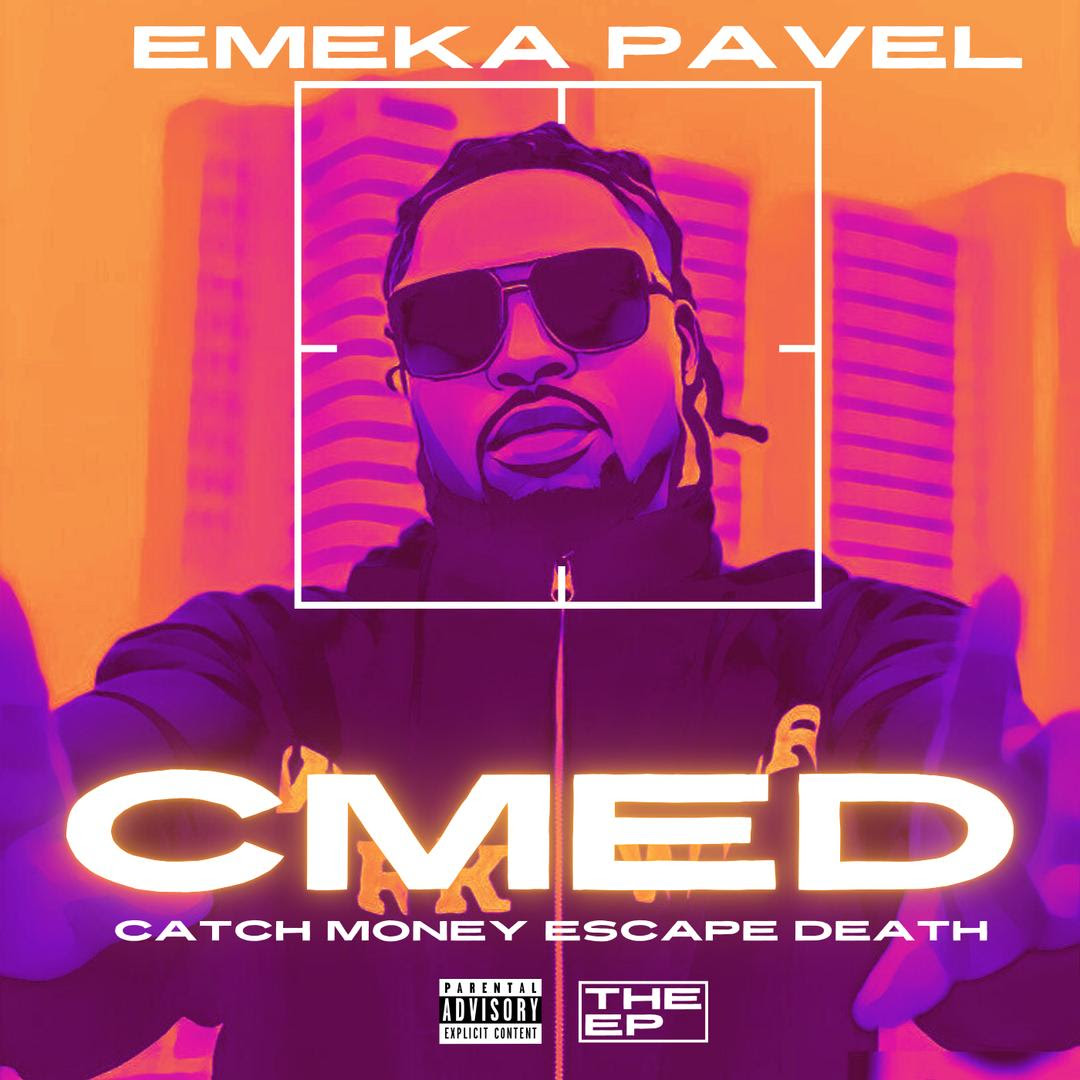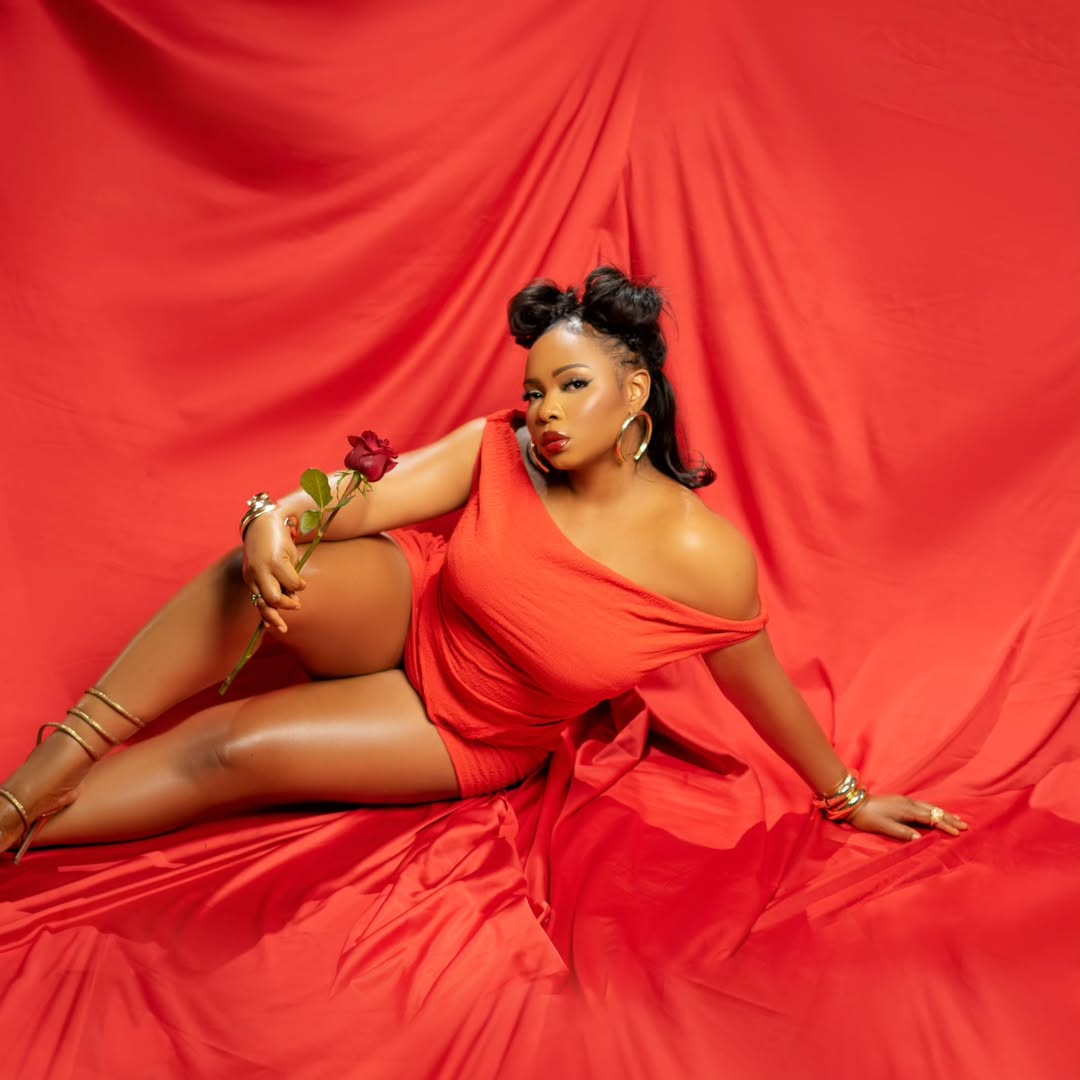Yemi Alade Speaks Out: A Candid Reflection on Media Power and Artistic Resilience”
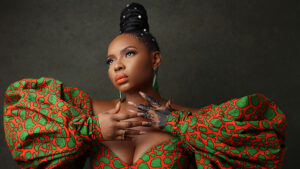
Yemi Alade Speaks Out: A Candid Reflection on Media Power and Artistic Resilience”
In the vibrant world of Nigerian music, Yemi Alade stands as a beacon of creativity, consistency, and resilience. Known for her unique sound and electrifying performances, the “Johnny” hitmaker has become a global ambassador of Afrobeat. But recently, she made headlines for something far removed from music. Yemi Alade boldly accused a prominent media organization of blacklisting her, sparking conversations about the dynamics between artists and the media. In a heartfelt post, she declared, “My God pass you,” suggesting that her faith and talent remain her strongest allies against challenges. This revelation raises crucial questions: how do artists navigate media challenges, and what happens when the spotlight dims?
Yemi Alade’s accusation wasn’t just a vent; it was a declaration. She claimed that a renowned media organization had deliberately excluded her from coverage, limiting her reach to fans and the industry. The implications are far-reaching. For an artist of her caliber, such blacklisting can ripple through her career, affecting visibility, endorsements, and fan engagement.
Her statement resonated with many who’ve faced similar issues, sparking debates on the responsibility of media platforms in supporting artists. Why would an influential platform sideline one of Nigeria’s most celebrated voices? While details remain undisclosed, the boldness of Yemi’s declaration underscores the frustration artists feel when they believe their hard work is undervalued.
Media organizations hold significant sway over public perception. In an age where visibility often equates to relevance, blacklisting can cripple even the most talented individuals. For artists, the media isn’t just a promotional tool; it’s a partner in storytelling and audience connection.
Yet, with this power comes potential misuse. Critics argue that biases, politics, or personal agendas can sometimes dictate coverage, sidelining deserving talents. Yemi Alade’s experience highlights a broader issue faced by many artists across industries: how do you stay relevant when someone else controls the narrative?
Despite the alleged media blackout, Yemi Alade’s spirit remains unbroken. Her words, “My God pass you,” encapsulate her reliance on faith, talent, and hard work as her ultimate vindication. It’s a sentiment shared by many creatives who face rejection or obstacles.
For Yemi, this isn’t the first time she’s had to prove herself. From carving her niche in a male-dominated industry to becoming a global sensation, her journey has been anything but smooth. Her ability to turn challenges into fuel for her craft serves as an inspiration for those navigating similar struggles.
Yemi Alade’s case sheds light on the importance of strategic media management. In an era of social media dominance, artists now have alternative platforms to amplify their voices. By leveraging Instagram, Twitter, and YouTube, they can connect directly with their audience, bypassing traditional gatekeepers.
But this doesn’t make media irrelevant. Instead, it emphasizes the need for mutual respect between artists and media outlets. Transparency, professionalism, and open dialogue are essential in ensuring that both parties benefit from their collaboration. Yemi’s story serves as a reminder that while media organizations hold power, artists hold the key to their narratives.
The entertainment industry thrives on creativity, collaboration, and competition. When media platforms and artists work together harmoniously, they create a symbiotic relationship that benefits fans, businesses, and the culture at large. However, allegations like Yemi Alade’s reveal cracks in this system.
To prevent such issues, industry stakeholders must foster an environment where grievances can be addressed constructively. By prioritizing fairness and recognizing talent over politics, the industry can ensure that deserving artists like Yemi Alade continue to flourish.
Yemi Alade’s outcry is more than just a personal grievance—it’s a call for accountability in the entertainment ecosystem. Her faith in her talent and resilience reminds us that while obstacles may arise, staying true to one’s artistry will always shine through.
As the industry evolves, it’s crucial to remember that artists and media need each other. Whether through traditional coverage or social media platforms, the ultimate goal should always be to celebrate creativity and foster growth. For Yemi Alade, the message is clear: challenges may come, but her voice will never be silenced.
Do you find Tmaq Media useful? Click here to give us five stars rating!















